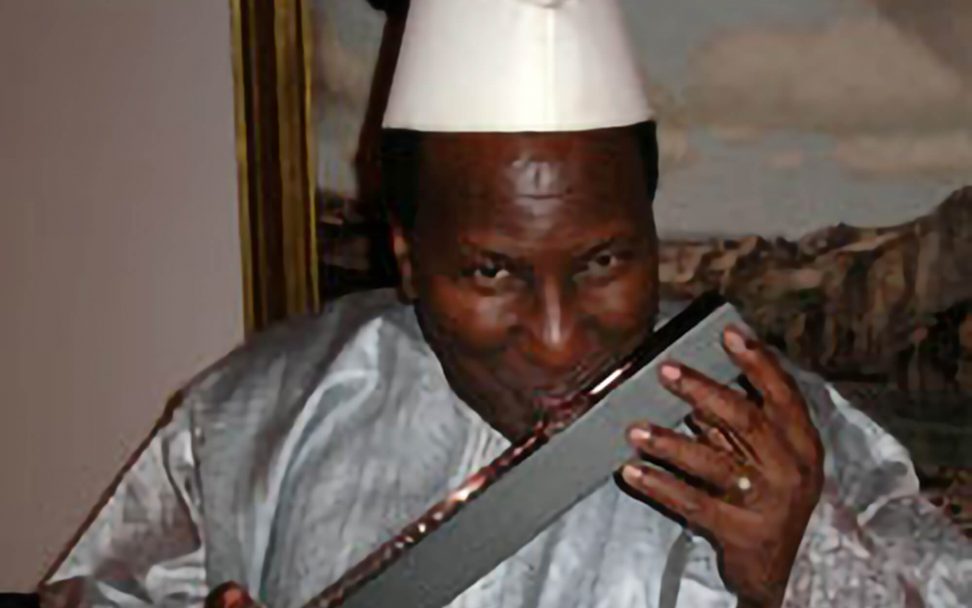Former Malian President Alpha Oumar Konaré was honoured with the German Africa Award in 2003 for his successes as an upright democrat. During his almost ten-years term of office, he steered Mali through difficult political and economic situations with impressive skill. In his speeches, Konaré repeatedly managed to pick up the most important issues of the people and to provide necessary impulses for national debates. While Konaré was occasionally accused of leadership weakness in his early years as president, he increasingly became the dominant figure in Malian domestic politics, as well as a driving force for subcontinental and continental integration.
He studied education, archaeology and history in Bamako and Warsaw where he received his doctorate in history in 1975. After returning from his studies in Europe, he headed the Ethnological Research Department of the Institute of Human Sciences and also quickly made a career in the Malian Cultural Administration. In 1978, at only 32 years of age, he became Minister of Youth and Culture under the one-party government of Moussa Traoré. Two years later, in 1980, Alpha Oumar Konaré started to rebel against the dictatorial policies of President Traoré and left both the government and civil service. After the military then took power under General Amadou Toumani Touré and organised free elections in 1992, Konaré won the elections and became President.
In 2000 and 2001 he chaired the West African regional organisations ECOWAS (West African Economic Community) and UEMOA (West African Economic and Monetary Union, Franc-CFA zone). In the following year, Konaré was appointed by the West African Heads of State to lead the African Union and hence, became Chairman of the Commission of the African Union from 2003 to 2008.
The award was presented by Prof Dr Karl-Heinz Hornhues, Member of the German Bundestag and President of the German Africa Foundation.
